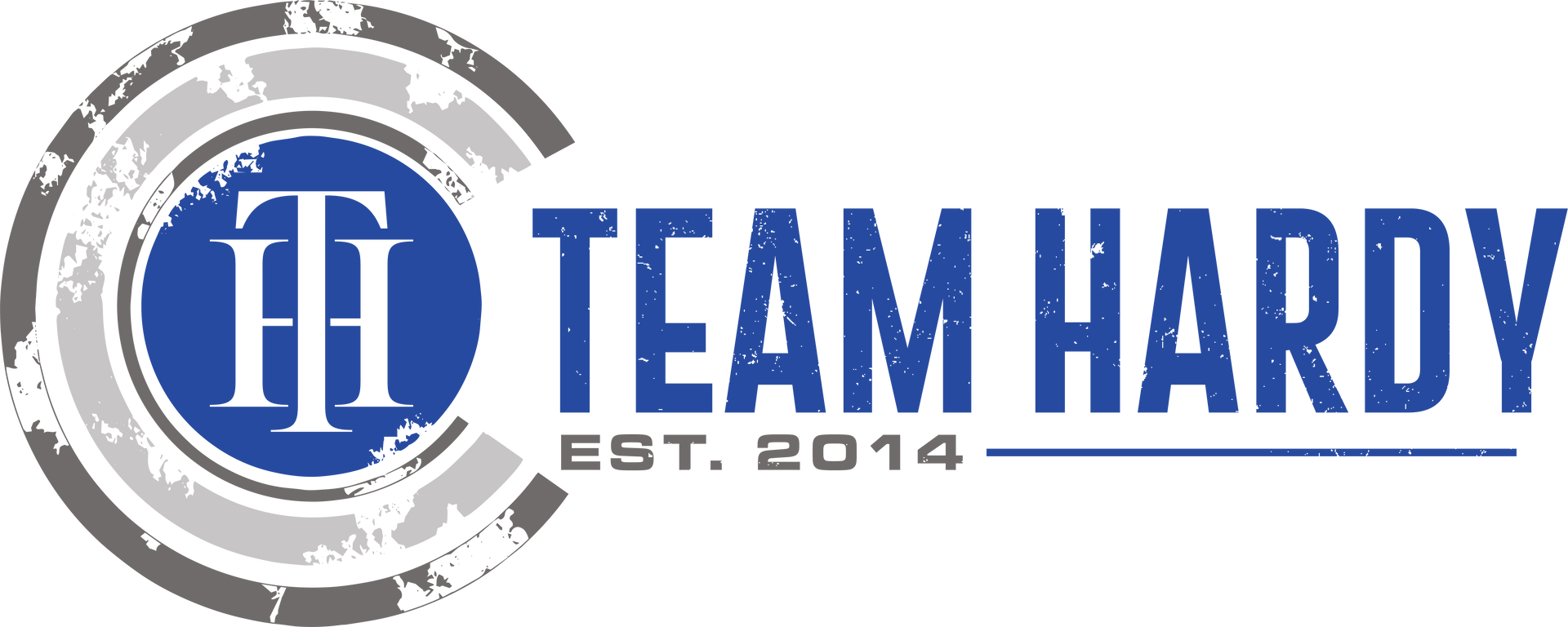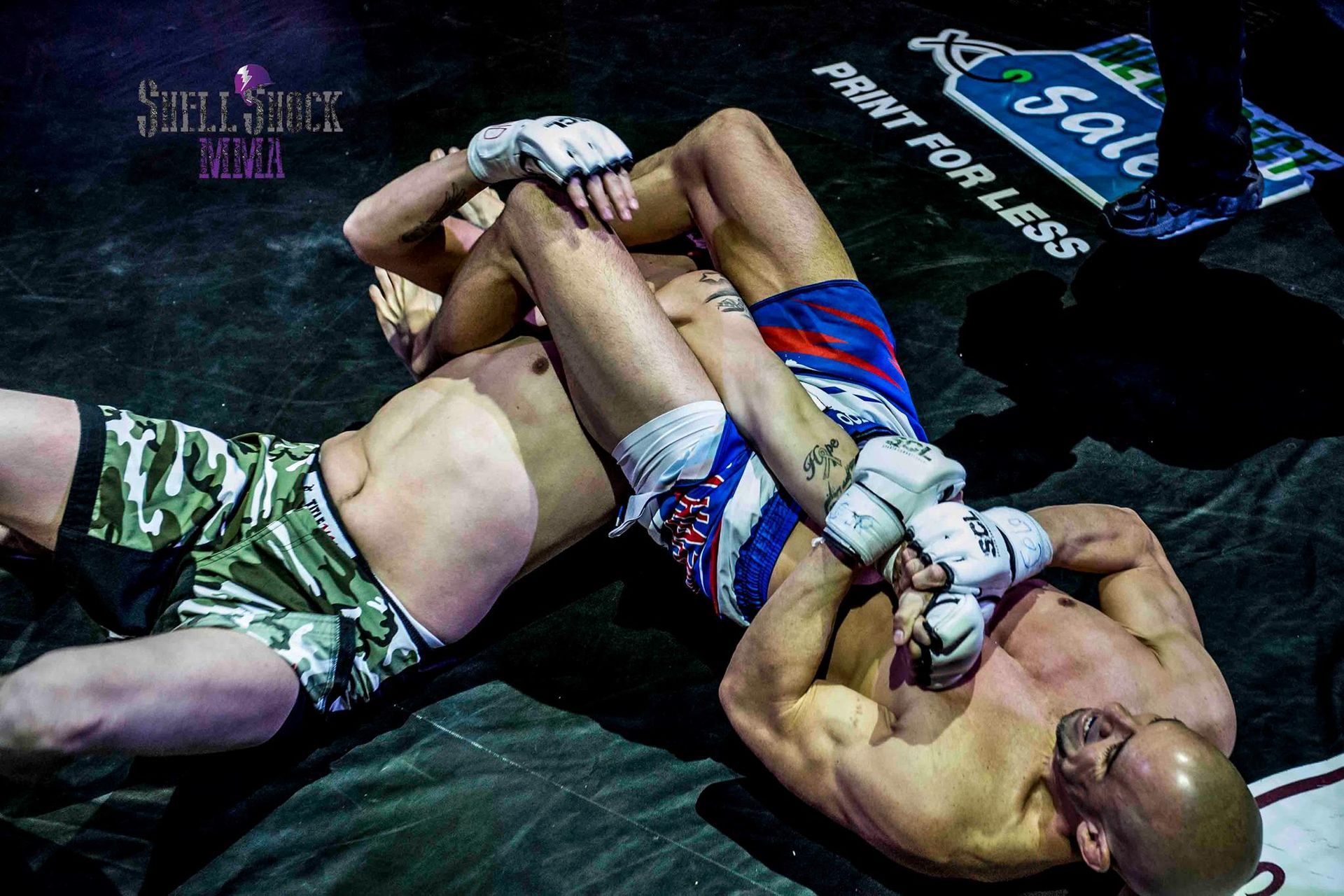Training Law Enforcement Like Fighters: A Coach’s Perspective
Owning and coaching at one of Colorado’s largest MMA gyms gave me a front-row seat to human growth. I worked with everyone—from professional fighters chasing titles, to parents reclaiming their health, to kids learning discipline and confidence. Each person walked through our doors with expectations. They wanted to be seen. They wanted progress. They wanted to know they were more than just a monthly auto-payment.
So, what happens when we bring those same expectations to law enforcement training?
What if we treat every officer as someone who deserves individualized attention, especially when they only get this kind of training once or twice a year? What if we built drills that meet them where they are—regardless of fitness level, experience, or confidence—and left them walking off the mat knowing they improved?
What if we invested in them not just for the hours we train, but as coaches committed to creating environments where sweat, skill, and belief translate into winning results when it matters most?
That’s the heartbeat of our Ground Tactics for Law Enforcement program. For over a decade, we’ve trained law enforcement professionals with the same dedication we gave our fighters: personalized coaching, relentless pursuit of progress, and relationships that outlast the training session.
Because when the moment comes—on the street, in the chaos, under pressure, confidence isn’t optional. It’s earned.
So how do we build training that’s not just effective—but transformational?
1. Respect the Clock. Deliver What Fits. Don’t cram eight hours of material into a two-hour session. Instead, design curriculum that’s digestible, focused, and appropriate for the time allotted. Every minute should reinforce the mission—not overwhelm it.
2. Build Systems, Not Silos. Techniques should overlap, reinforce, and evolve. When drills flow with purpose and sessions follow a clear theme, students retain more and connect the dots faster. We’re not just teaching moves—we’re building muscle memory and mindset.
3. Coach for the Full Career Arc. Every student walks in with a different level of fitness, experience, and confidence. Modify drills, techniques, and stress inputs so each officer finds success—whether they’re fresh out of the academy or two decades deep. Progress should be accessible, not exclusive.
4. Invest in the Long Game. Training isn’t a one-off event, it’s a culture. Track trends. Listen to feedback. Evolve the program to meet the shifting demands of the profession. When students know you’re invested in their long-term growth, they show up differently. And they leave better.
🔚 Conclusion: Coaching with Purpose
Training law enforcement like fighters isn’t about intensity for intensity’s sake—it’s about intentionality. It’s about showing up with a system, a standard, and a belief that every student deserves progress they can feel and confidence they can carry.
For over a decade, Ground Tactics has delivered that kind of coaching. As the demands on our officers evolve, so will we—because excellence isn’t a destination. It’s a discipline.
Learn more about our programs at www.teamhardy.net




